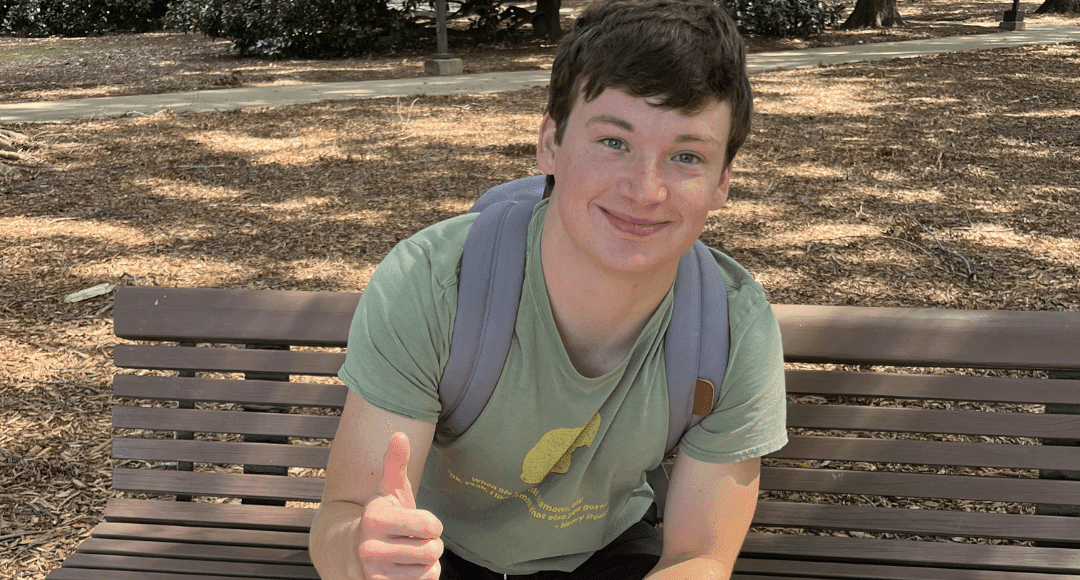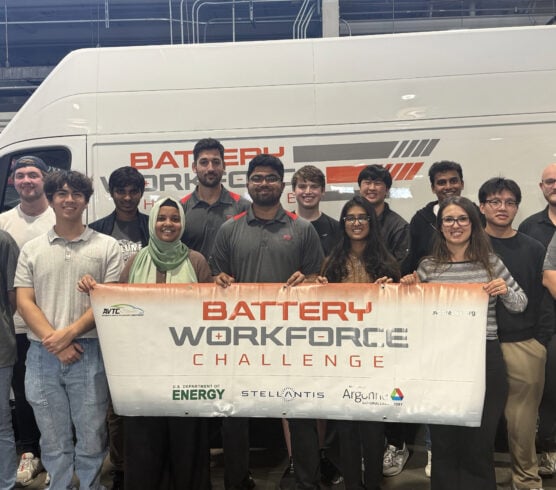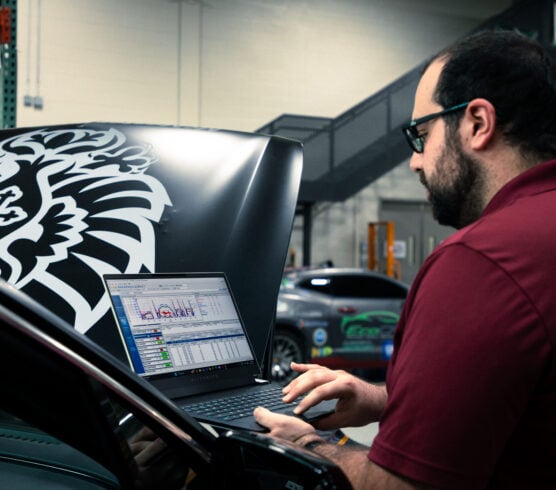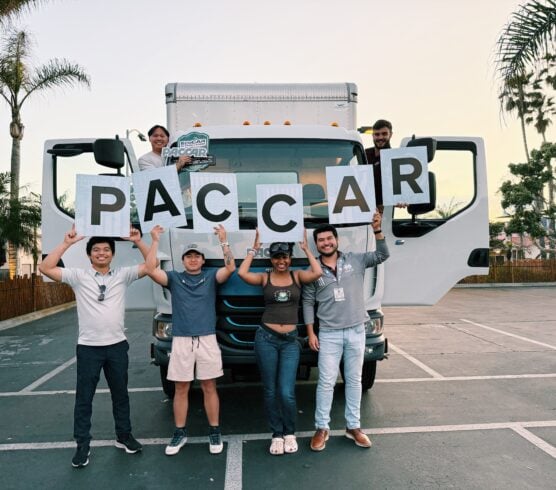By Andrew Lambrecht
If you’re receiving a message from a member of the Clemson University & Greenville Technical College Battery Workforce Challenge team early on a Saturday morning, it’s probably because Evan Linke sent that message.
Linke, a junior Clemson University electrical engineering student from North Carolina, has participated in the BattChallenge since the fall 2023 semester. Since his admittance to the program, Linke has served as the vehicle integration team lead, become a mentor to younger members and become a coordinator, constantly helping set up meetings and communications between the varying swimlanes.
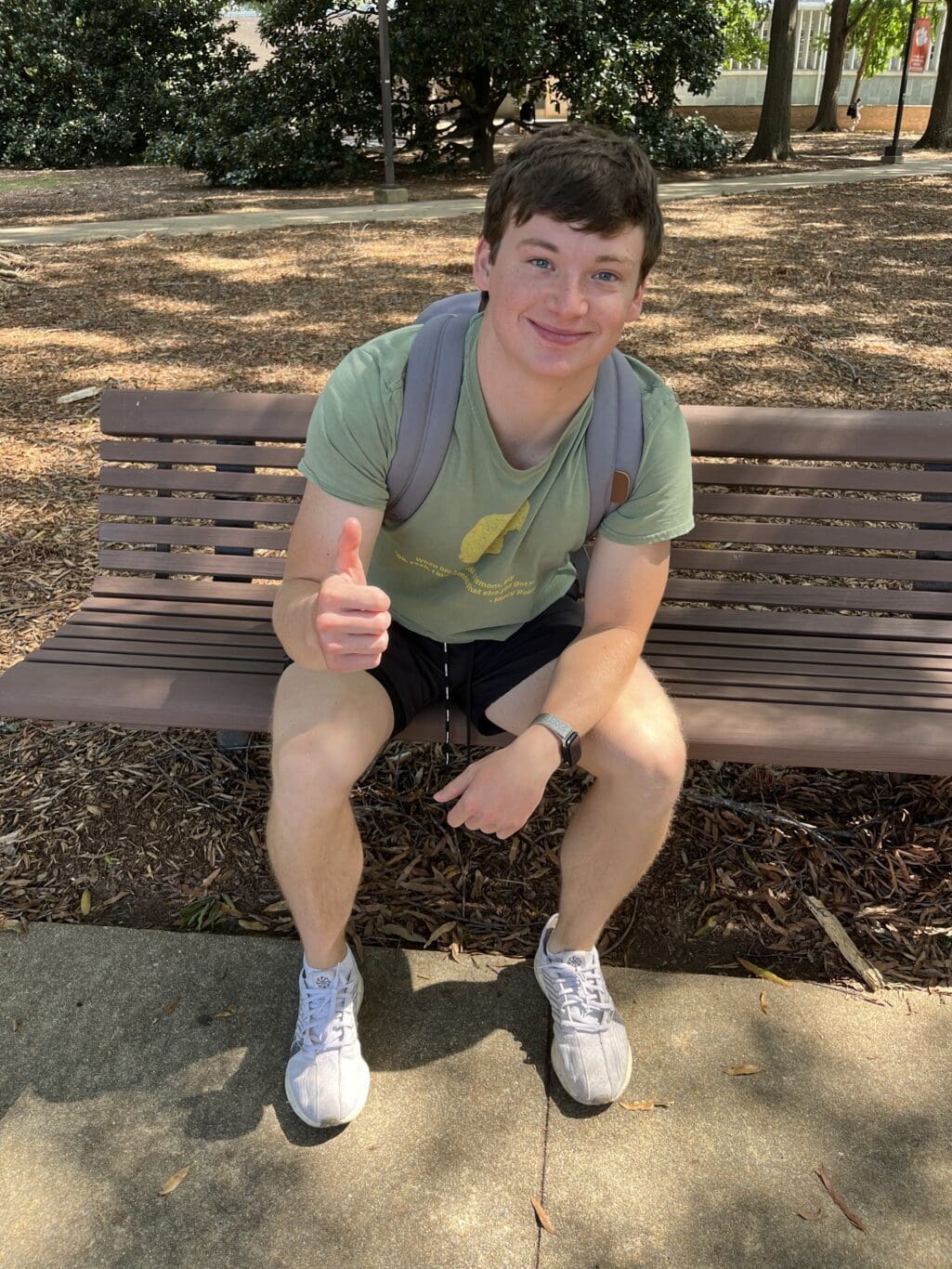
“What excites me the most would have to be allowing collaboration between young and experienced students in a project that is focused on a new form of transportation,” Linke said. “I hope to take away valuable leadership experience and encourage younger generations to move into the STEM field.”
Linke, aspiring to ascertain a role in the project management side of the automotive industry, says that holding a leadership position in the Battery Workforce Challenge will best equip him for his post-college career.
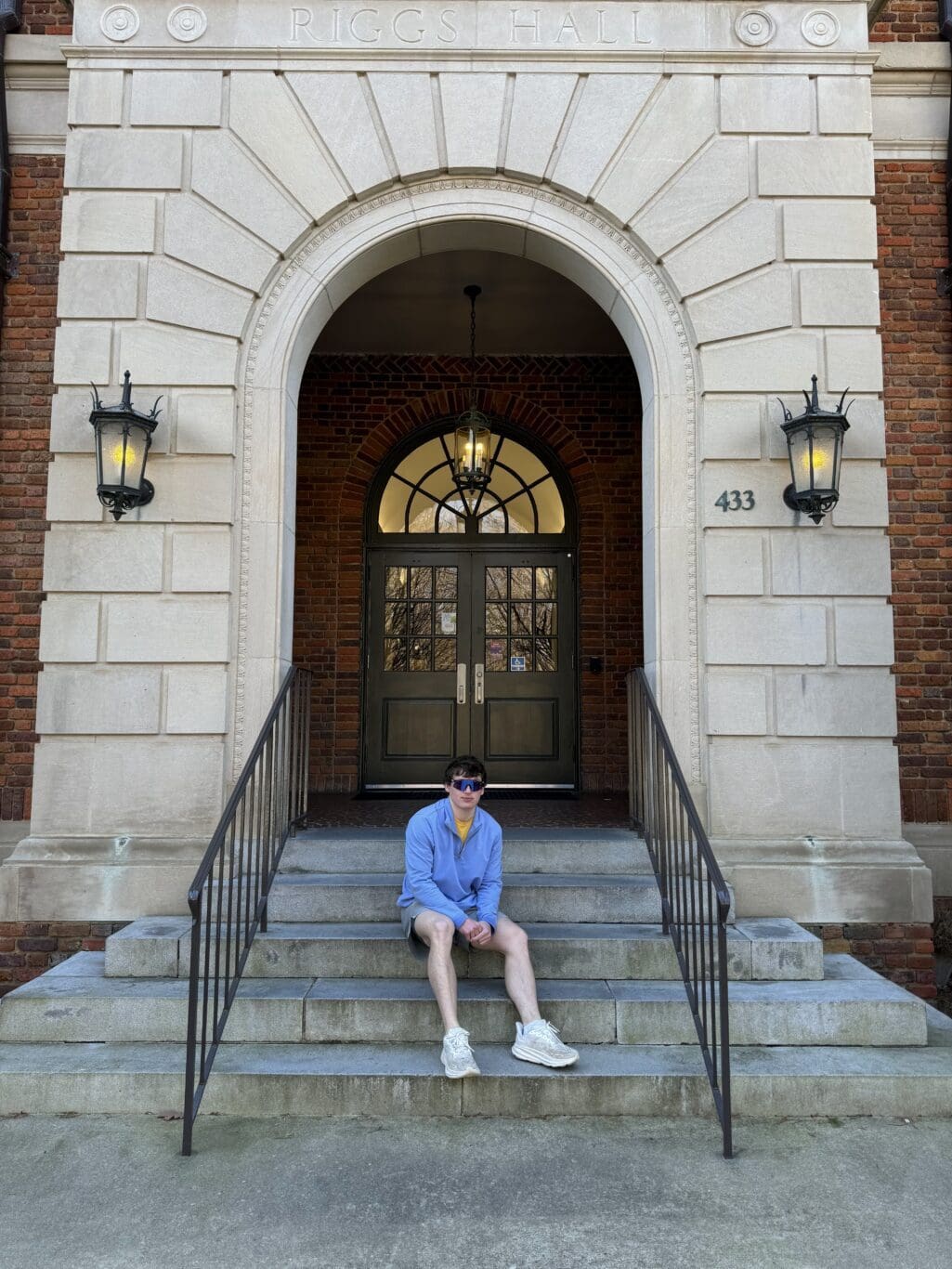
“I think it’s a good challenge to see what our young students and engineers can accomplish with the valuable resources that Clemson has,” Linke said. “I also want to do my part in representing Clemson as an amazing engineering school and show that collaboration and teamwork occur in more than just the classrooms here at Clemson University.”
Clemson University has made the Battery Workforce Challenge a class for which participants can gain academic credits. This makes the program not only appealing based on learning about EV batteries, but it also requires more student responsibility.
Linke is just one example of the passionate nature of the participants on Clemson University & Greenville Technical College’s Battery Workforce Challenge team. With dedication and fascination for EVs and an aspiration to engineer excellent products, the Clemson University & Greenville Technical College BattChallenge team is eager to bring its knowledge into the professional world.
By having the opportunity to work with avant-garde battery technology, the automotive engineers of tomorrow will be better equipped to enter the industry.
“I saw it as a great opportunity to learn more about the coursework I am taking,” Linke said. “I also see it as a growing field that we will depend on more.”
